
The Official Supplier for Nuenta
Supplying Nilan systems to Nuenta in the UK
Heating pump units are an increasingly popular way to heat and cool homes and businesses. Also known as heat pumps, these systems provide reliable temperature control while using less energy than traditional HVAC systems. For homeowners looking to save on energy costs or make an eco-friendly upgrade, installing a high-quality heating pump unit is an excellent option.
Heating pump units utilize a refrigeration system to transfer heat between indoor and outdoor air. This allows them to extract heat from one area and move it to another as needed for heating and cooling. The main components are an indoor evaporator coil, outdoor condenser coil, compressor and expansion valve. The refrigerant circulates in a closed loop, alternating between gas and liquid states as it absorbs or releases heat.
Unlike a furnace that generates heat through combustion, a heat pump simply moves existing heat using the refrigeration cycle. When in cooling mode, the indoor evaporator coil absorbs heat from the interior air as the refrigerant passes through and evaporates. The refrigerant then flows to the outdoor condenser coil where it releases the heat absorbed indoors. This effectively pumps heat from the inside to the outside, lowering the interior temperature
The process reverses in heating mode. The outdoor coil now acts as the evaporator, absorbing free environmental heat. The refrigerant carries that heat indoors where the condenser coil releases it to raise the interior air temperature. A reversing valve alternates the refrigerant flow direction between seasons.
Want to know more? Contact us using the form below.
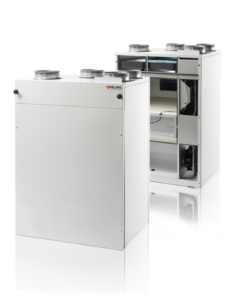
Installing a heating pump unit provides numerous benefits compared to conventional HVAC systems:
1. Energy Efficient – Pumps utilise electricity to move heat rather than generate it. They can provide the same amount of heating for 25-50% of the energy used by electric resistance heating. This saves homeowners substantially on energy bills.
– Environmentally Friendly – By leveraging existing environmental heat, pumps reduce reliance on combustion of fossil fuels. They minimize carbon emissions compared to furnaces.
– Effective Temperature Control – Modern variable-speed heat pump units maintain consistent temperatures throughout the year by automatically adjusting refrigerant flow.
– Long Lifespan – Properly maintained heating pump units can have a lifespan of 15-20 years. Their relative simplicity makes repairs easier as well.
– Quiet Operation – Improved compressor soundproofing reduces noise from outdoor units. Indoor air handlers also operate very quietly.
– Comfort Features – Many new pumps come with advanced comforts like multi-stage operation, humidity control, programmable thermostats and WiFi connectivity.
– Cooling Capabilities – Pumps can work in reverse during warmer months to provide high-efficiency cooling as well. One system provides complete climate control.
There are a few main configurations of heat pumps to choose from:
– Air-Source Pumps – The most common type, these systems transfer heat between indoor and outdoor air. Efficient air-source heat pumps work well in most climates.
– Geothermal Heat Pumps – Also called ground-source, these systems use underground pipes to exchange heat with the ground. They are the most energy efficient option.
– Ductless Mini-Splits – Mini-split heat pumps have an outdoor compressor connected to one or more indoor wall-mounted units. They work well for additions.
– Absorption Heat Pumps – These use a heat source like natural gas or solar energy rather than electricity. However, they are less efficient overall.
Key Considerations for Heating Pump Units
Here are some important factors to weigh when selecting a new heating pump unit:
– Size – Consider heating and cooling needs for the space and choose a system with adequate capacity. Oversizing decreases efficiency.
– Efficiency Ratings – Look for SEER and HSPF ratings above 18 and 10 respectively. The highest ratings offer the greatest energy savings potential.
– Features – Evaluate smart thermostat compatibility, supplemental electric heating and multi-stage capabilities based on your climate and usage.
– Noise Level – If the unit will be near living spaces, prioritize options marketed as ultra-quiet. Compare sound ratings.
– Cost – Get multiple quotes and look for rebates. While having higher upfront costs, energy savings usually provide a quick payback.
With their green credentials and money-saving potential, installing one of today’s highly efficient heating pump units is a smart investment in home comfort and energy savings for most homeowners. Taking the time to understand how they work and find the right system will ensure years of cozy and cost-effective indoor climate control.
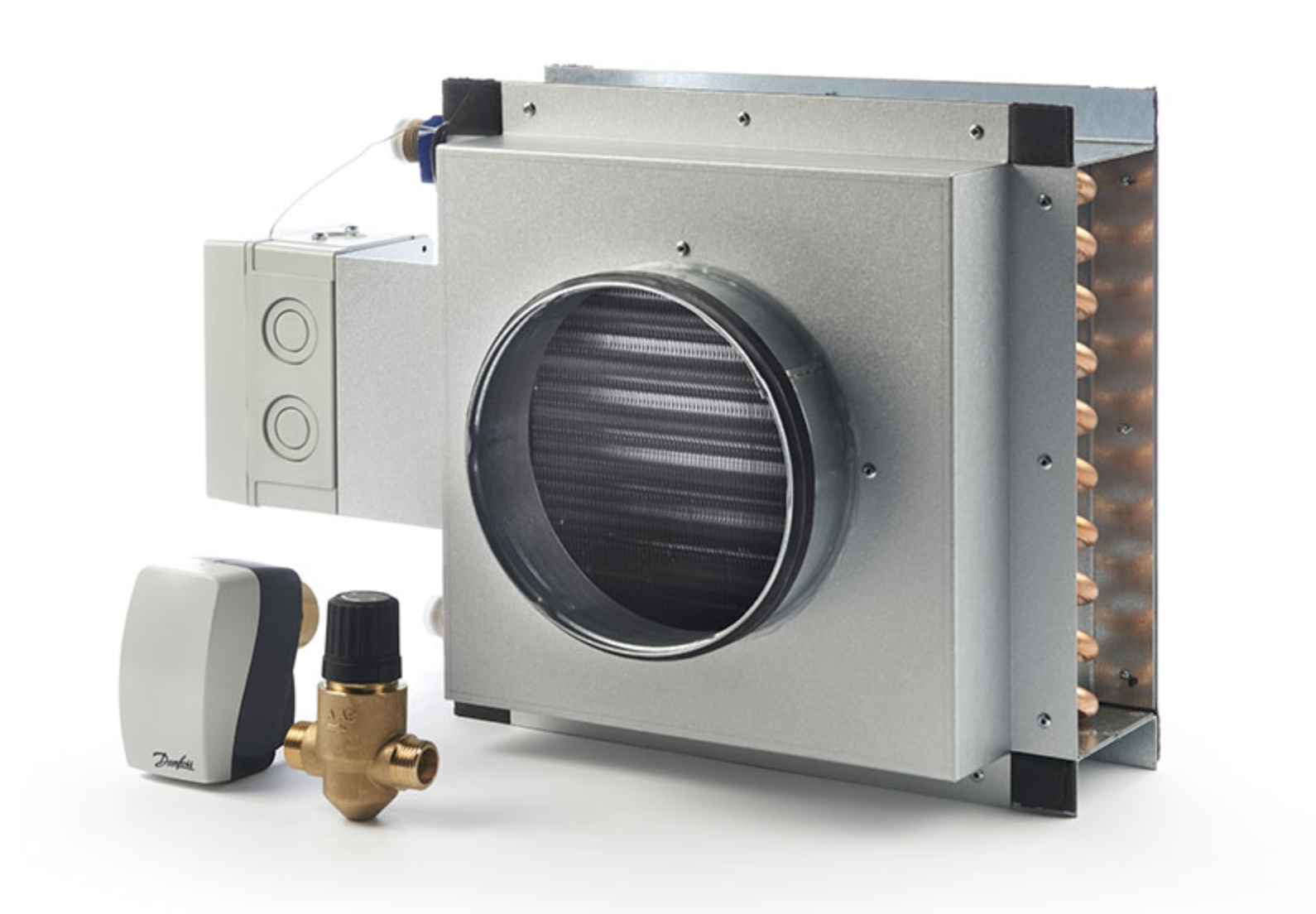 Nilan: The Comprehensive Guide to Nilan Heating Systems
Nilan: The Comprehensive Guide to Nilan Heating Systems
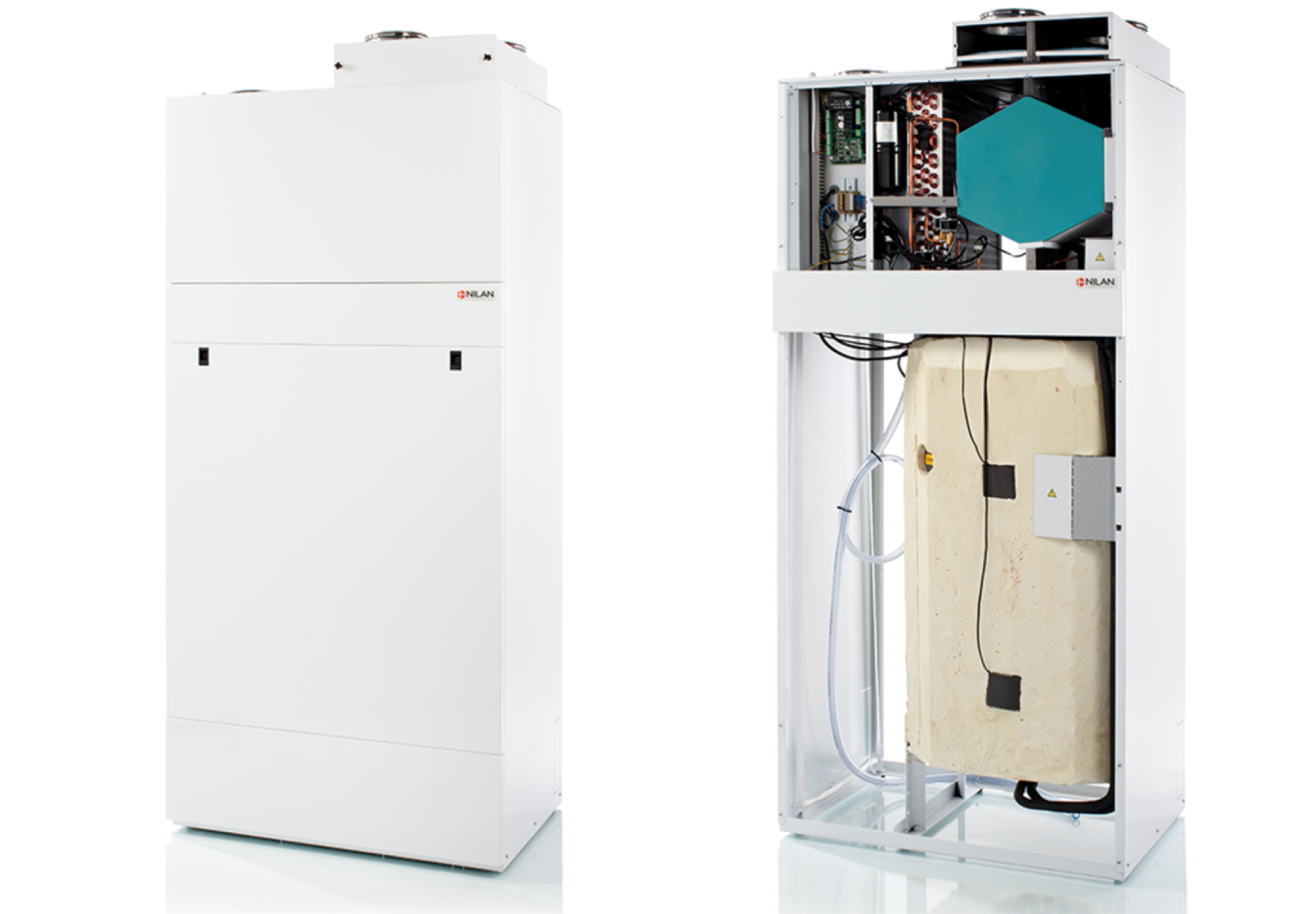 Nilan Compact P Basic: A Guide to Efficient Home Ventilation
Nilan Compact P Basic: A Guide to Efficient Home Ventilation
 Common Problems with Heat Pumps
Common Problems with Heat Pumps
 What to Ask When Buying a Nilan Heat Pump?
What to Ask When Buying a Nilan Heat Pump?
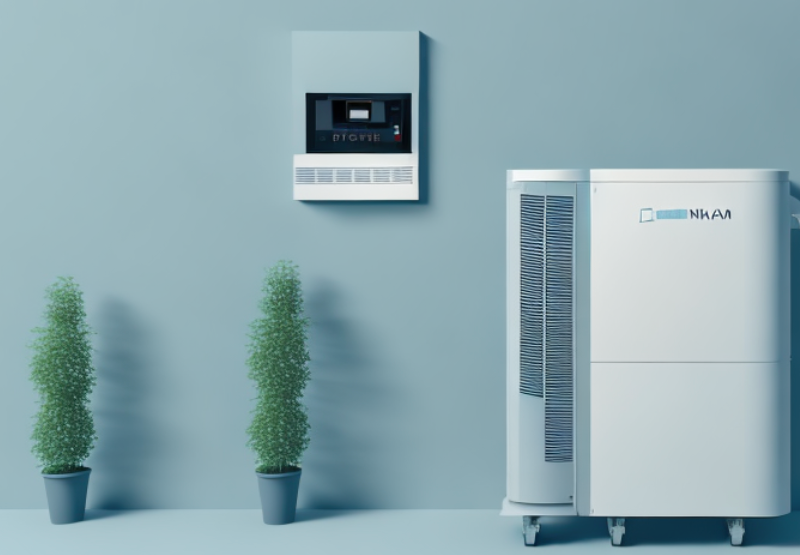 5 reasons why Nilan heat pumps are popular
5 reasons why Nilan heat pumps are popular
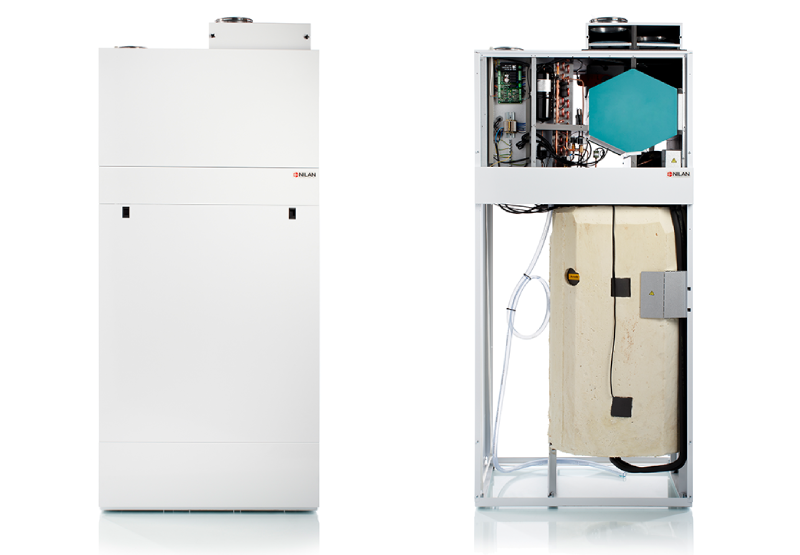 Nilan Compact P Air 9 – A Feature-Packed Ventilation Unit for Homes
Nilan Compact P Air 9 – A Feature-Packed Ventilation Unit for Homes
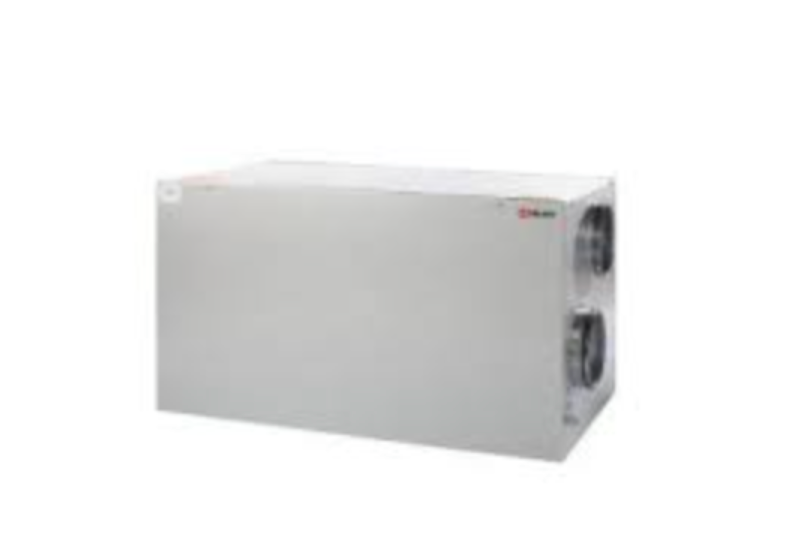 The Nilan Comfort 450: A Top-of-the-Line Ventilation Unit
The Nilan Comfort 450: A Top-of-the-Line Ventilation Unit
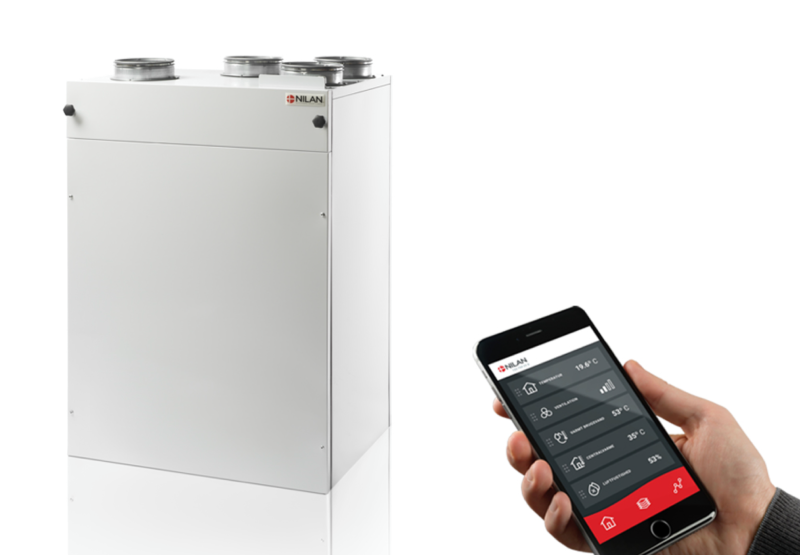 The Nilan Comfort CT500: A Powerful Centralised Ventilation System
The Nilan Comfort CT500: A Powerful Centralised Ventilation System
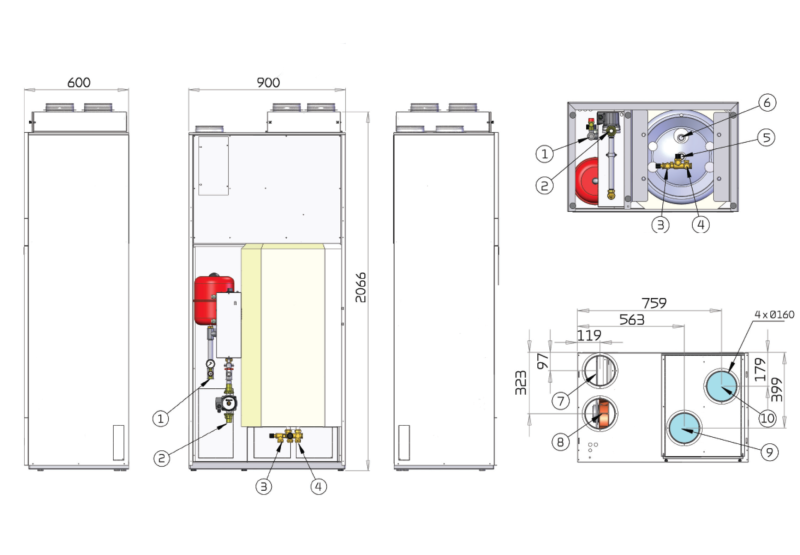 Nilan Compact P EK: A Revolutionary Ventilation System for Modern Buildings
Nilan Compact P EK: A Revolutionary Ventilation System for Modern Buildings
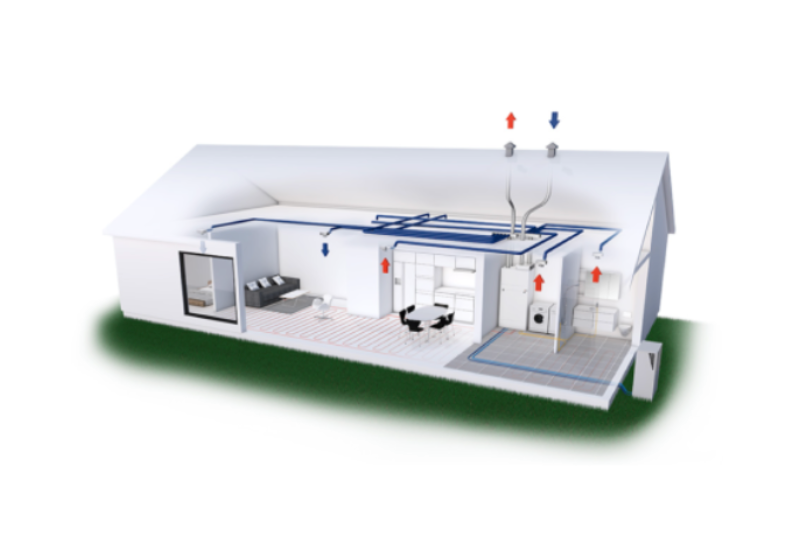 5 Benefits of a Heat Pump – All Explained
5 Benefits of a Heat Pump – All Explained